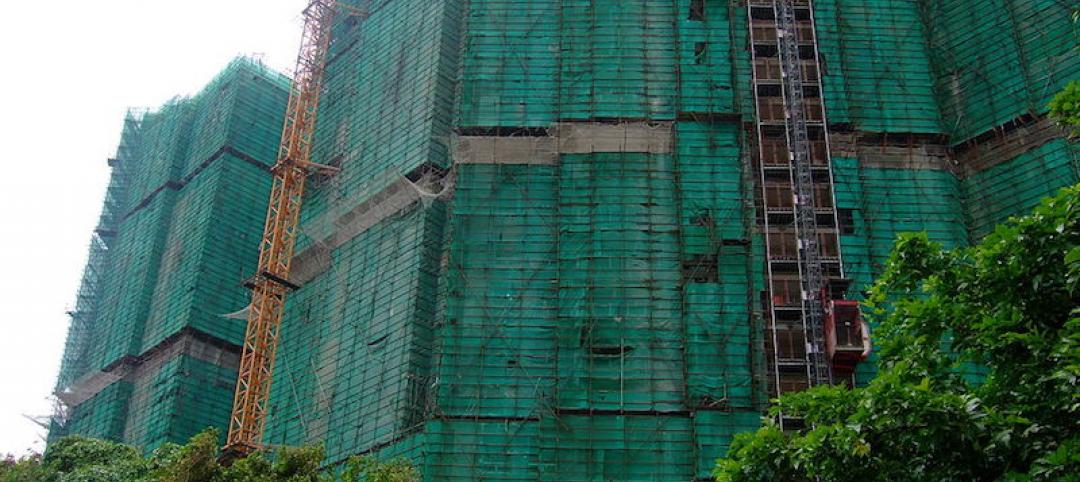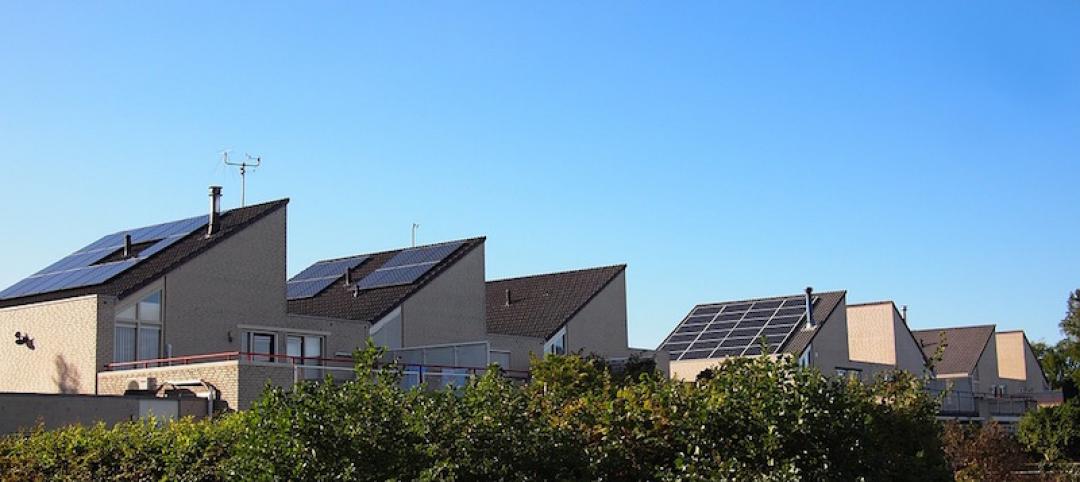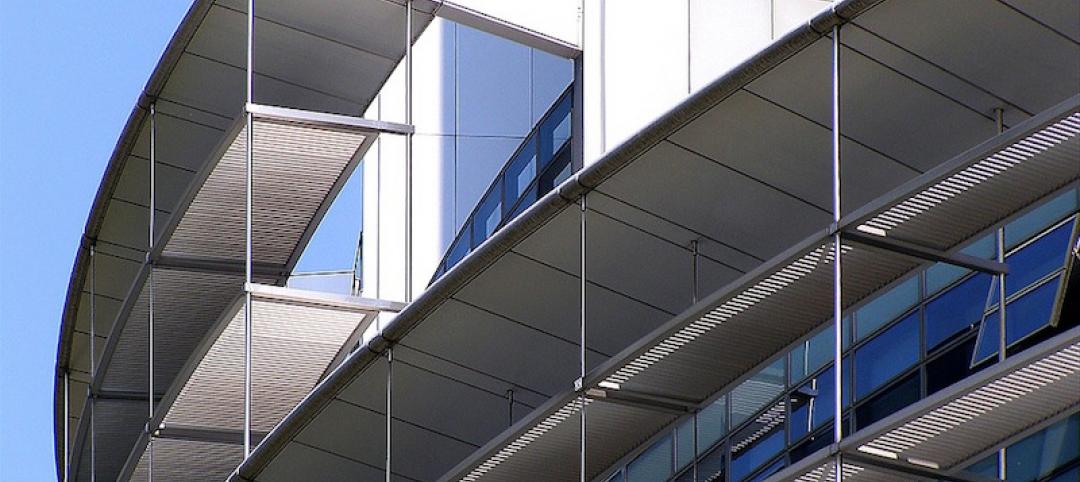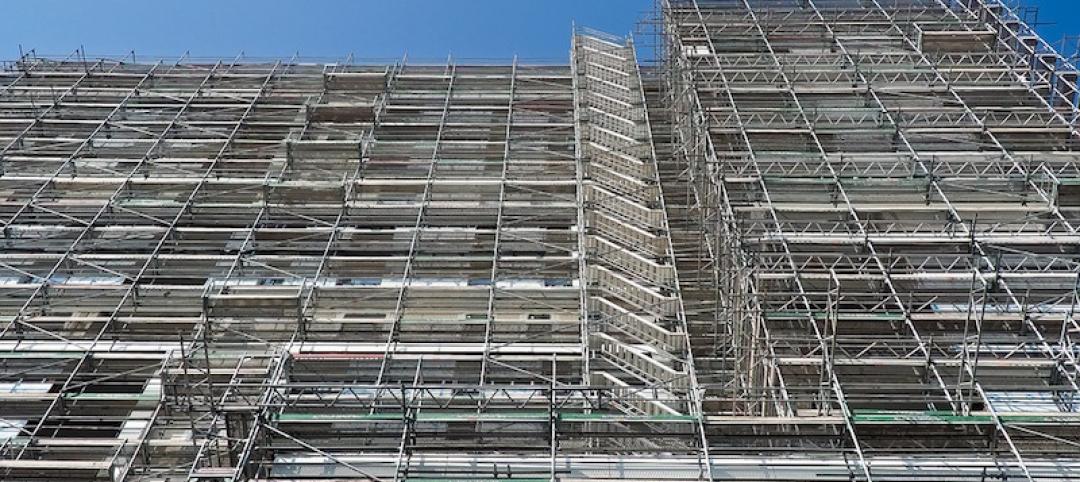A plan to preserve one of Chicago’s most rapidly gentrifying neighborhoods ended in failure when it could not generate community support.
The Pilsen neighborhood, home to Eastern European immigrants in the 19th century and later to newcomers from Mexico, includes ornate “Bohemian Baroque” buildings with brilliant murals expressing the area’s Mexican heritage. The city proposed establishing a historic district to protect more than 850 buildings in Pilsen, but was not able to assuage concerns from neighborhood residents.
The historic district was a part of a larger preservation strategy that included housing supports, economic development measures, park space, and more. Other than some financial support, though, the other measures stalled, prompting suspicion in the neighborhood.
Residents strongly opposed the strategy, fearing that landmarking would not provide relief from displacement and gentrification. Part of the problem: design guidelines on how historic building elements had to be maintained according to the district’s standards were never completed and the city could not present a good estimation on the costs of building repairs nor on the value of incentives that would be available to make repairs.
An important lesson for preservationists is the need to partner with more community development organizations, social justice organizations, housing developers, and planners.
Related Stories
Codes and Standards | Jul 12, 2017
New International Building Code allows weather-resistive barriers above 40 feet
Danger of propagating flames now deemed negligible.
Codes and Standards | Jul 10, 2017
New mass plywood panel project moves ahead with federal grant
New material is substitute for concrete and steel in multi-story projects.
Codes and Standards | Jul 6, 2017
Trump ups ante on apprenticeships, gives private sector more room to design them
Initiative aimed at alleviating construction industry worker shortage.
Codes and Standards | Jul 6, 2017
Flawed modeling to blame for green buildings failure to live up to hype on energy efficiency
Explains energy performance gap from expected savings to actual savings.
Codes and Standards | Jul 5, 2017
Research study examines tall timber buildings worldwide
Industry group developing criteria for categorizing wide range of construction approaches to tall timber buildings.
Codes and Standards | Jun 30, 2017
AAMA releases new document on aluminum fenestration and energy efficiency
The free download addresses entrances, storefront framing, curtain walls, windows and skylight fenestration systems.
Codes and Standards | Jun 29, 2017
Fire codes prevent cladding used on Grenfell Tower from being used in U.S.
Reports suggest an extra $6,300 for fire-resistant cladding could have prevented the tragedy.
Codes and Standards | Jun 28, 2017
Minimum Design Loads and Associated Criteria for Buildings and Other Structures, Standards ASCE/SEI 7-16, has been updated
The document is used for determining design loads including dead, live, soil, flood, tsunami, snow, rain, atmospheric ice, earthquake, wind, and fire.
Codes and Standards | Jun 27, 2017
Cold-formed steel framing engineering guide for building projects released
Better sound attenuation for subfloors and exterior continuous insulation are among the matters addressed.
Codes and Standards | Jun 26, 2017
L.A.’s new ordinance requires energy and water efficiency benchmarking
Structures 20,000 sf and larger must demonstrate steps to boost efficiency.

















